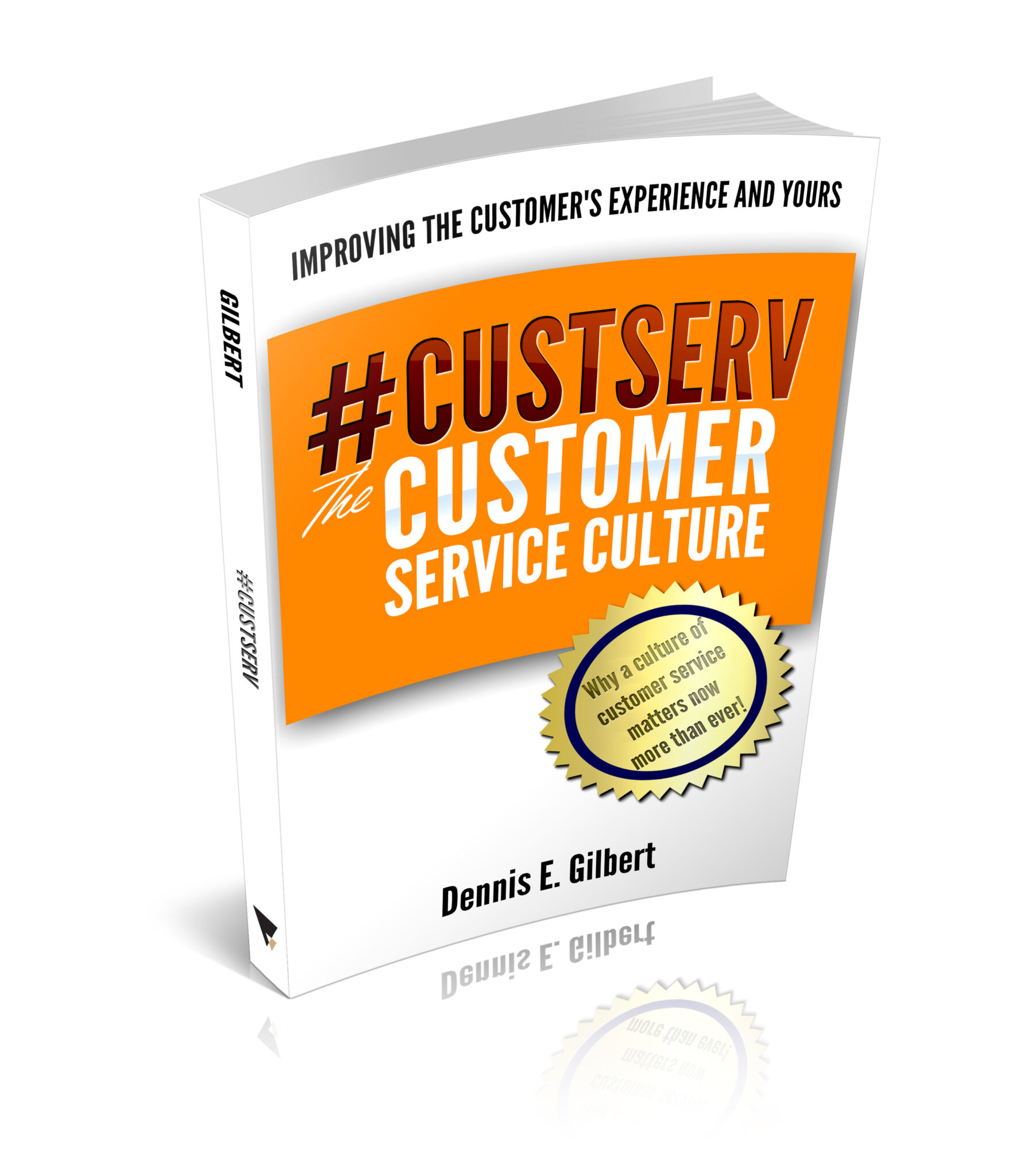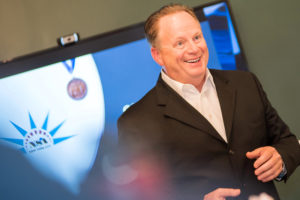
Valued Services Are a Measurement Of The Customer
Do you deliver valued services? How do you know?
In business, people often express that they deliver excellent products or highly valued services. They believe that what they deliver is very good.
It begs a two-part question, compared to what and defined by whom?
When you build a product or deliver a service you can certainly express that it is of great quality and of high value.
Often those producing the product or service will take great pride in their work. They may spend long hours and work extra hard.
Does that make it more valuable?
What about professional services? Are you willing to pay a more experienced or more educated medical doctor more? The same may be true for an attorney, a carpenter, or a consultant.
Who decides the value?
Valued Services
The truth is that the buyer or the customer decide the value.
When a business owner tells you that they have exceptional customer service you may want to ask how they know. In response, they may say, “because our customers tell us.”
Does every customer tell them this, or is it really only a special few?
Often businesses judge their product or services value based on their own opinion. They haven’t really studied it and they choose to ignore any naysayers.
It is hard to completely please everyone, and at some level you probably shouldn’t get too hung up on those few who decide what you provide is not of great value. However, totally ignoring it could sink the business.
Have you ever been served a beverage in a glass in a restaurant and there is someone’s lipstick on it? Is the floor dirty? Did you feel ill a few hours after consumption of the meal? Some things cannot be ignored.
Remember that the creator of the product or the person providing a service does not define the value. They may set the price, but the customer or client always defines the value.
-DEG
Dennis E. Gilbert is a business consultant, speaker (CSPTM), and culture expert. He is a five-time author and the founder of Appreciative Strategies, LLC. His business focuses on positive human performance improvement solutions through Appreciative Strategies®. Reach him through his website at Dennis-Gilbert.com or by calling +1 646.546.5553.
















